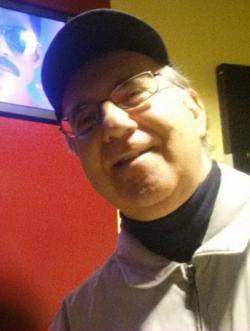Site-Wide Comment Activity: All Authors
 |
 |
 |
 |
|
|
 |
 |
 |
 |
 |
|
|
|
|
|
|
 |
 |
- « first
- ‹ previous
- …
- 133
- 134
- 135
- 136
- 137
- 138
- 139
- 140
- 141
- …
- next ›
- last »